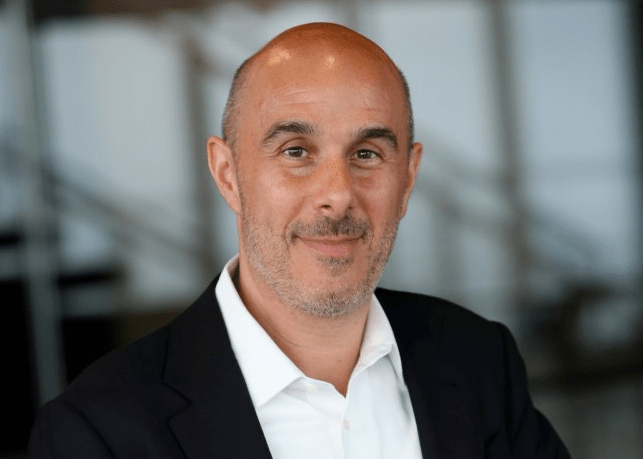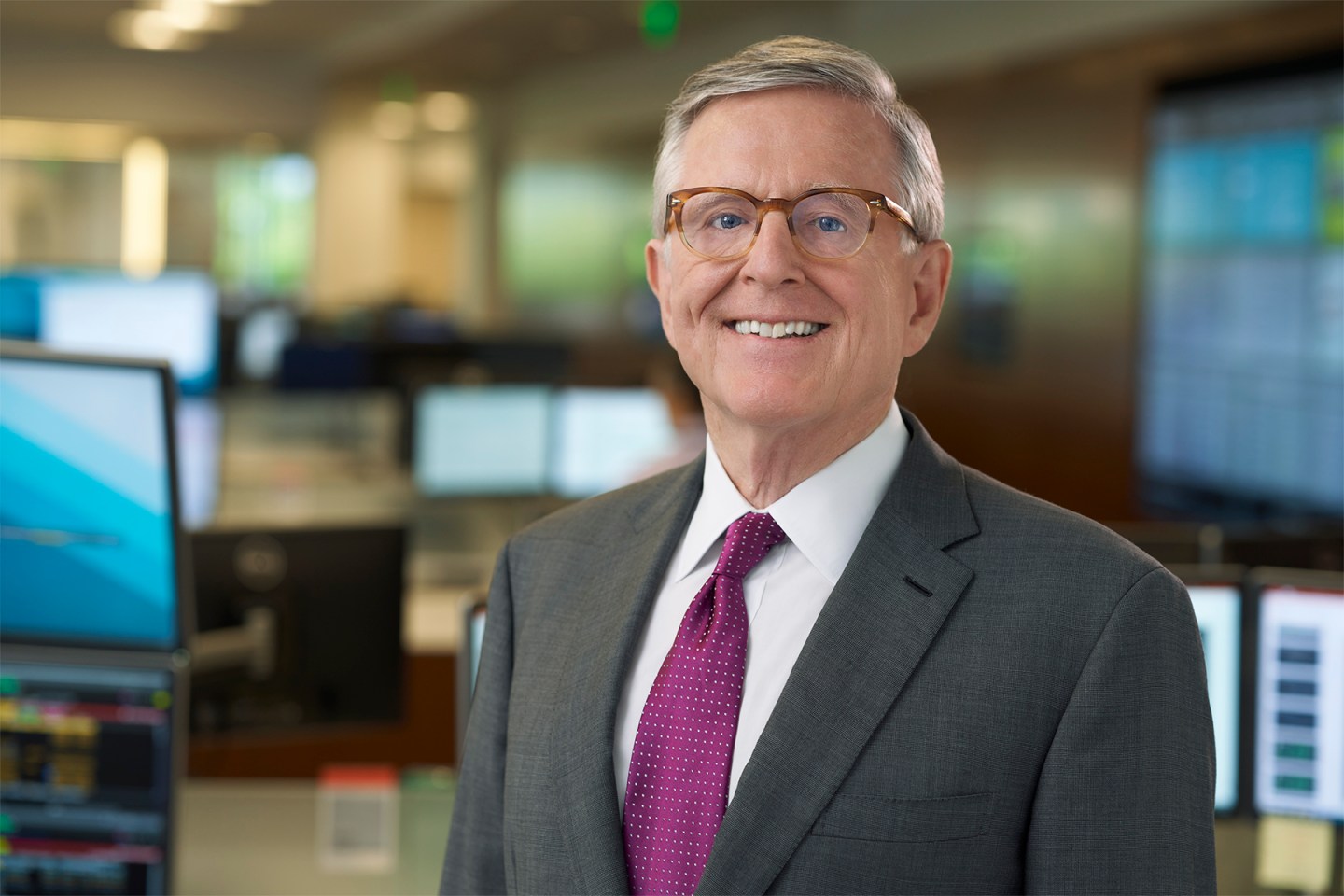In her statement alleging longstanding sexual abuse by Larry Nassar, the physician for the U.S. women’s national gymnastics team, Olympic gold medalist McKayla Maroney asks questions that are on everyone’s minds: “Is it possible to put an end to this type of abuse? Is it possible for victims to speak out, without putting careers, and dreams in jeopardy?”
Indeed. What allows sexual abuse by men to go on for so long, and what can be done to stop it?
Maroney’s open statement on Twitter came on the heels of coverage of sexual assault allegations against Hollywood producer Harvey Weinstein and against Amazon Studios’ head Roy Price. An avalanche of women have been empowered to use the #MeToo status update to indicate their membership among those who have been sexually harassed, assaulted, or raped.
Despite the shock many people experienced from a news feed filled with #MeToo revelations, the hashtag only confirms what violence researchers have known since the 1980s: One in four women experiences an attempted or completed rape in her lifetime.
Then, as now, most victims do not make a formal report, often due to shame, expectations that they will be blamed, and fears that doing so will hurt their careers and subject them to humiliation. In sports, where coaching and training are hands-on activities, the point where the line is crossed separating justifiable from violation may be hard to spot. When a perpetrator has direct power over your career, not just in a particular job but in an entire industry, making an allegation of sexual harassment or assault is not a choice made lightly.
So why are women now coming forward publicly and in record numbers? For one, there is safety in those numbers. When everyone reports, no one person is in the spotlight to receive the character assassination that typically follows, especially when the alleged assailant is a person in a position of power. When victims see that the institutions and systems that have protected abusers are suddenly responding with real consequences, more speak up.
What is it in the day-to-day world of actors, athletes, tech workers, and every woman that creates the conditions for sexual harassment and abuse to fester for years? Kevin Swartout, a social psychologist at Georgia State University, has found that sexual harassment and violence are sustained when male peers who share misogynistic attitudes ignore, laugh off, and even reward men who transgress. The majority of men are good guys, but even they typically fail to call out inappropriate comments or behavior. Despite the popular community safety slogan that if you “see something, say something,” real men typically don’t.
If we are serious about confronting these abuses head-on, we must increase accountability. Recent media coverage has captured not only accusations against harassers and abusers themselves, but also against men such as director Quentin Tarantino who admit to knowing about the sexual harm and not speaking up against it. What is glaringly absent from women’s #MeToo movement is a #ISpokeUp response from men.
One of public health’s most significant achievements is reduction in smoking, which was accomplished largely by changing social perceptions of smoking and mobilizing demands for smoke-free workplaces. We need a similar shift in the public’s attitude toward sexual assault, particularly from men. Victims have spoken up about the repulsiveness of sexual harassment and assault and have demanded harassment-free workplaces. Men must be willing to examine their own attitudes and behaviors, and to confront peers who harass or abuse women.
Women do not need men for protection. They need men need to patrol each other.
Elise C. Lopez is the assistant director for relationship violence programs and Mary P. Koss is the regents’ professor of public health at the University of Arizona College of Public Health.










